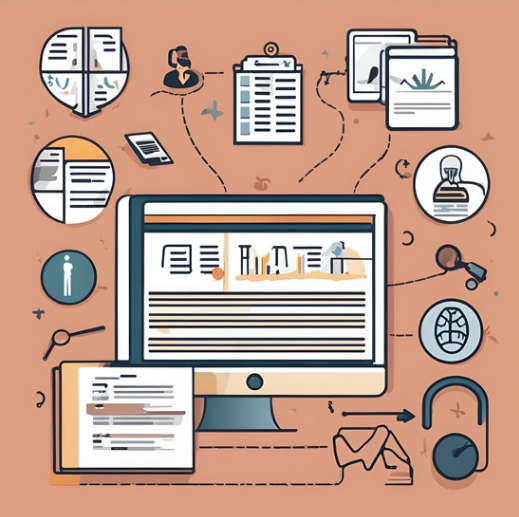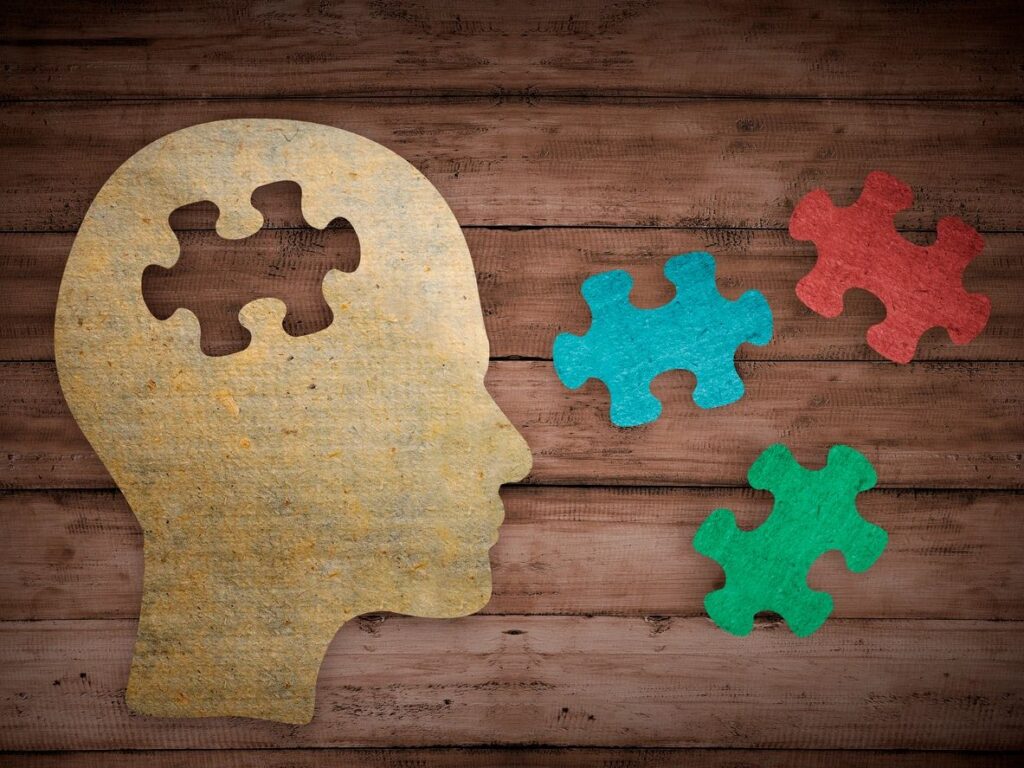Biopsychology
Psychology, Mental Health, and Well-Being Handouts, Worksheets, and Infographics
ADDRESSING 3D WorksheetThe ADDRESSING Model, developed by Pamela Hays, helps people understand important social identities and how they influence us. This worksheet focuses on identifying how various cultural and social identities influence us in three dimensions – our sense of self, how …Read more
Read MoreAttitudes to Inequality May Have Genetic Underpinning
It’s clear that we live in an unequal society, with some groups of people having more power and resources than others. What we don’t always agree on, though, is whether that’s a good or a bad thing. Psychologists sometimes measures people’s preferences for a hierarchical, unequal society by looking at social dominance orientation. Someone who…
Read MoreA 20-Minute Procedure Can Change People’s Everyday Risk Preferences
One of the interesting findings in recent psychology research is that relatively simple procedures can temporarily alter people’s brain activity and behaviors. A recent study demonstrated this in terms of people’s propensity for risky actions. The researchers who ran the study used a technique known as transcranial direct-current stimulation, or more conveniently tDCS. This involves…
Read MoreHow Your Day Was Yesterday Can Predict How Your Brain Will Age
That’s right! When you woke up yesterday I bet you didn’t know your cognitive future hinged on whether you’d have a good day! I’m exaggerating, of course. But there really is a new study out showing that people’s evaluations of their previous days can predict cognitive aging over the next year. Before you freak out…
Read MoreGenes May Contribute to Sense of Fairness
Do you have a strong, automatic reaction when you encounter a situation that’s unfair? Everyone has a sense of what’s fair and what’s not, but that sense seems to be more pronounced in some people than others. And a new study suggests one possible reason: genes. In the study, researchers in China ran an experiment…
Read MoreWhat’s the Evidence for Blueberries as a Brain Food?
Blueberries have a stellar reputation, as far as foods go. Numerous articles claim that eating blueberries can enhance your cognitive abilities. Scientific American, for example, has talked about Your Brain on Blueberries, saying that blueberries are one food that will “enhance your memory.” So is there scientific evidence behind the hype? To some extent, yes.…
Read MoreSynesthesia and Aging
The cross-sensory associations of synesthesia are still something of a mystery. We know that some people link letters with colors, or sounds with tactile sensations, but the broader implications of having synesthesia are less clear. Synesthesia has been found to correlate with certain psychological and neurological traits that it doesn’t otherwise have an obvious connection…
Read MoreHow Much of Self-Control Is Genetic?
We each strike a different balance between following our impulses and second-guessing them. The amount of self-control we have can factor into how well we do in school, or how likely we are to develop addictive behaviors. For this reason, psychologists are keen on understanding where our individual differences in self-control come from. Front and…
Read MoreAre People Born With a Left-to-Right Number Line?
If I ask you where you’d put the number 4 in relation to the number 12, chances are you’d put 4 to the left and 12 to the right. Most adults have some form of a mental number line that starts with smaller numbers on the left and progresses to bigger numbers on the right.…
Read MoreBrain Connectivity Is Different in People Who Are Happy With Their Lives
Does the brain of someone who’s satisfied with the way their life is going look obviously different than the brain of someone who’s not? Possibly so. A new study by researchers in China has found different patterns of brain connectivity that relate to people’s subjective well-being, which measures the way they feel about their lives.…
Read More









